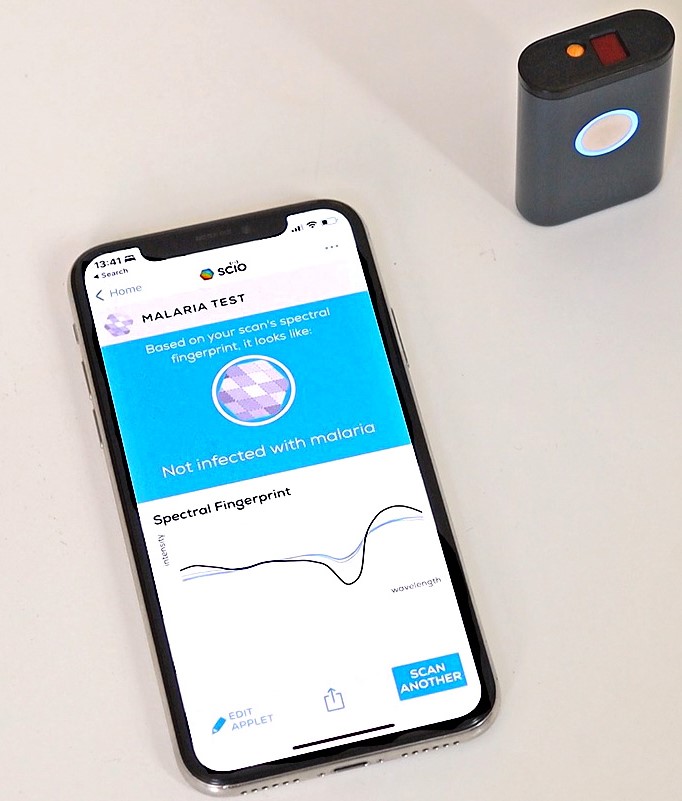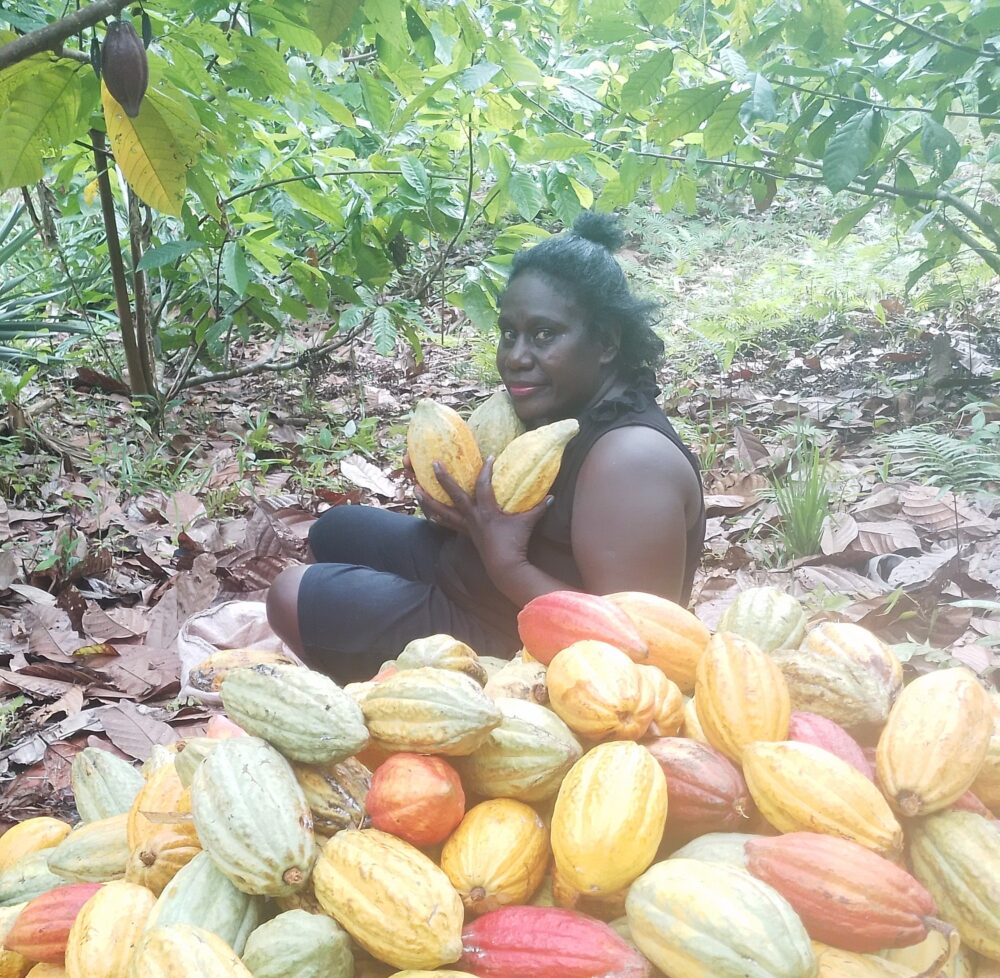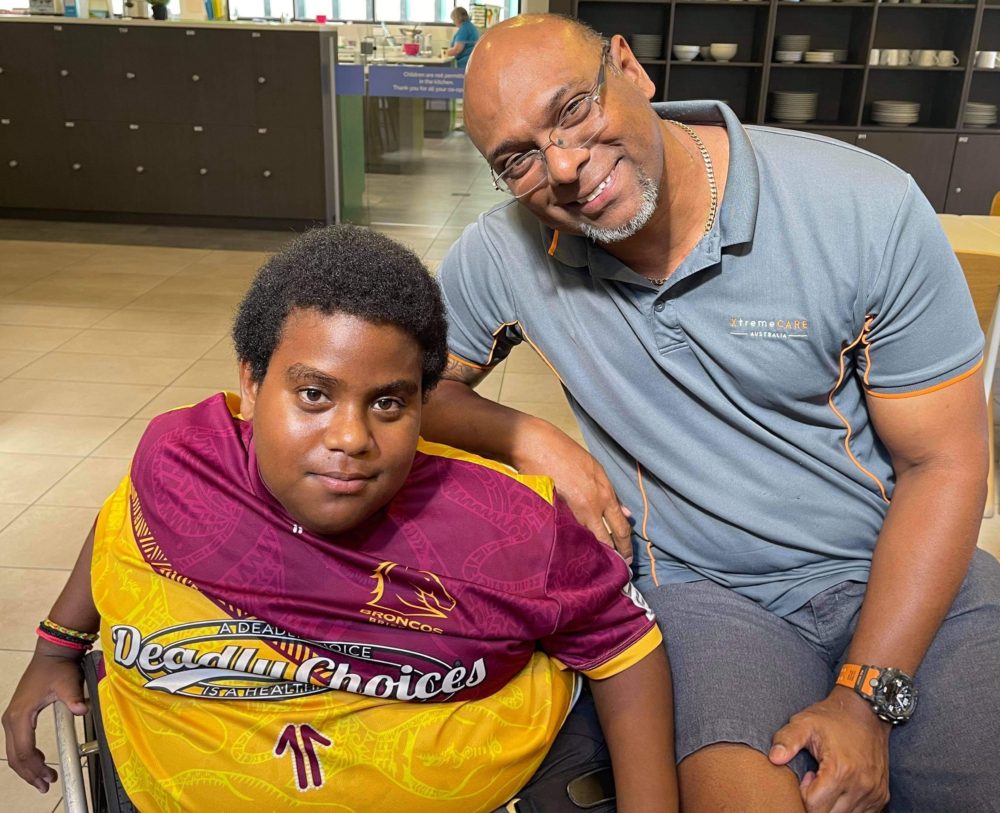By Neena Bhandari
Sydney, 16.12.2022 (SciDev.Net): A quick, affordable, non-invasive detection tool could help accelerate progress in meeting the UN Sustainable Development Goals’ target to eliminate malaria, say researchers who developed it.
The WHO’s global technical strategy for malaria 2016–2030 aims to reduce malaria incidence and mortality rates by at least 75 per cent by 2025 and at least 90 per cent by 2030 against a 2015 baseline. But by 2021, malaria case incidence and deaths are both off track by 48 per cent. Based on the current trajectories, the world will be off track in reaching the malaria targets by 88 per cent, according to Abdisalan Noor, head of the Strategic Information for Response Unit, WHO Global Malaria Programme.
To help get back on track, researchers from Australia and Brazil have come up with a handheld, smartphone-operated, near-infrared spectrometer that shines infrared light for about five seconds on a person’s ears, arms, or fingers to detect changes in the blood caused by malaria.



